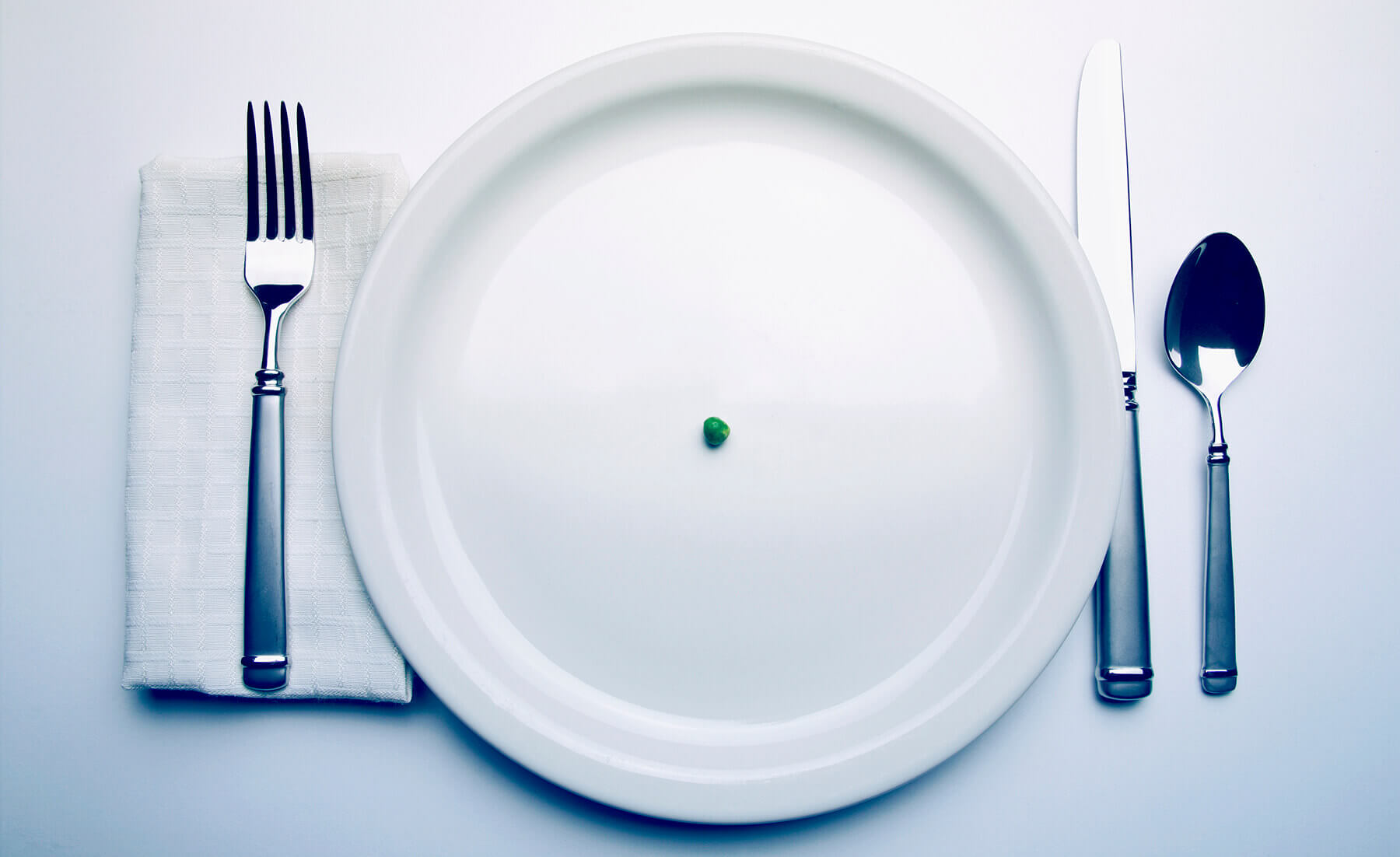Eating less energy than your body burns is a must if you want to lose weight. However, eating too little may have serious physical consequences that may not be worth the trade-off of faster weight loss.
Overview
What did they test? The researchers examined the effects of eating at a significant calorie deficit for 10 days in trained females.
What did they find? Compared to the group eating at maintenance calories, the group that was in a significant calorie deficit lost more fat but also more muscle mass. They also experienced adverse effects on muscle protein synthesis as well as a slight decrease in resting metabolic rate.
What does it mean for you? A moderate calorie deficit of roughly 500 calories below your maintenance is your best bet to maximize muscle retention during a fat loss phase. Although calorie deficits of greater magnitudes will result in faster fat loss, they come at a cost that may not be worth the trade-off.
What’s the Problem?
Eating in a calorie deficit is a must for losing fat and there are not many ways around it, aside from special cases where slow body recomposition is possible (eg: in obese individuals), eating less than your body requires is non-negotiable if you want to maximize fat loss and do so in a time-efficient manner. However, not all calorie deficits are created equal, especially when muscle retention and performance are of interest. Losing a bunch of weight fast may seem like a solid idea on paper, but it comes with more costs than people often account for. From decreases in performance and muscle loss 1, to severe disruptions in basic physiological function (eg: amenorrhoea in women), the magnitude of a calorie deficit can play a crucial role in “making or breaking” one’s fat loss phase.
If you remember from Issue 7, we covered a meta-analysis that looked at the effect of a calorie deficit on muscle and strength, finding that as the calorie deficit increased beyond 500 calories, so did muscle loss 1. As discussed in the article itself, there were a few caveats to take in consideration when interpreting the results of the study but the current available literature on energy availability and muscle gains is pretty clear: a conservative deficit in conjunction with resistance training and a high protein diet will probably allow you to maintain most of your muscle but an aggressive calorie deficit is much more likely to have deleterious effects on your precious gains 2.
Sure, there are times where an aggressive deficit may be appropriate (eg: rapid fat loss phases for extremely short periods of time) but the general principle remains the same: eating too little is probably not the best idea if you’re actually serious about training.
Some individuals have argued that consuming a high protein diet and engaging in resistance training may be enough to offset some of the negative effects of low energy availability, especially in trained individuals who have spent years building their muscle mass. However, as it stands the direct evidence looking at the above scenario and in this particular population, ie: trained individuals, is limited.
This study by Oxfeldt et al. looked to investigate the effect of low energy availability, ie: an aggressive calorie deficit, on many different variables, including body composition and muscle protein synthesis, in trained females.
Purpose & Hypothesis
This study aimed to compare the effect of an aggressive calorie deficit to eating maintenance calories for 10 days on body composition, muscle protein synthesis (both myofibrillar and sarcoplasmic) as well as nitrogen balance.
The authors hypothesized that a low energy availability would reduce both myofibrillar and sarcoplasmic protein synthesis.










